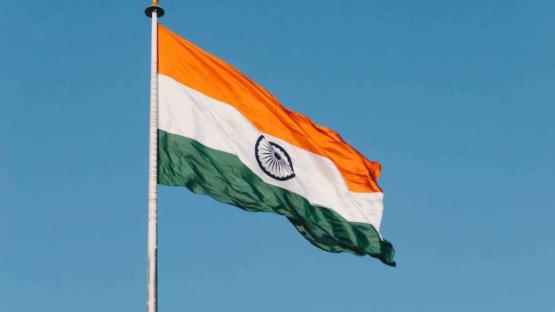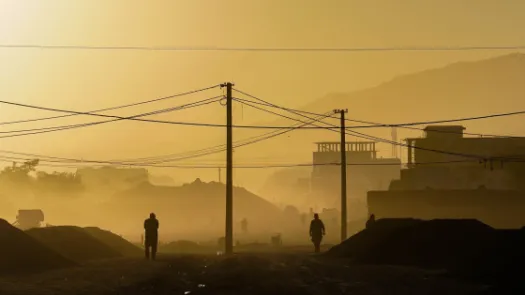
...it helps to protect our nationality
You have the right to belong to a country and have a nationality.

Having a right to a nationality isn’t predicated on giving up your right to privacy - and allowing whichever government runs that country to have as much information as they want. It is about having a fundamental right to government protection.
For the first time since 1951, Assam - a state in the north east of India - has been updating its national register of citizens (NRC), a list of everyone in Assam that the government considers to be an Indian citizen. The final version, published in August 2019, effectively stripped 1.9 million people of their citizenship.
In Assam, being made stateless has significant consequences. Having your application for inclusion in the NRC rejected can mean being put in detention camps, prison, and all those excluded are having their biometrics collected and stored in a separate database.
Assam intends to use this database to surveil all those rejected and prevent them from accessing any government services, including a bank account and a cooking gas connection.
Assam has been building this database with the help of the Unique Identification Authority of India (UIDAI) that also built India’s controversial identification system, Aadhaar.
Hundreds of people have been put in prison camps as a result of the NRC, among them Ajit Das. “During his time in the camp, Mr Das lost his job, his health deteriorated and his wife spent a large portion of their savings to visit him regularly.” Now thanks to this biometric data grab, he will be under constant surveillance for the rest of his life.
The Assam state, by stripping millions of citizens of their nationality, also stripped them of their privacy.
1. Everyone has the right to a nationality. 2. No one shall be arbitrarily deprived of his nationality nor denied the right to change his nationality. Article 15, Right to nationality



